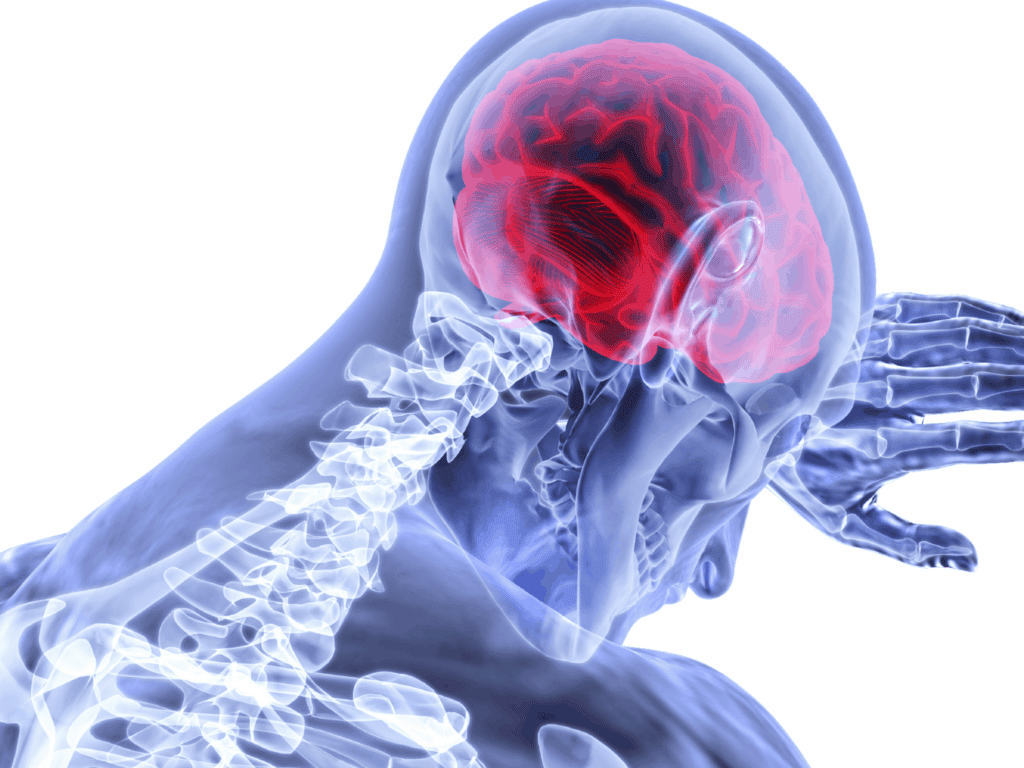Brain science is a fascinating and growing area of study, and understanding how the brain processes drugs offers much insight into addiction.
According to the National Institute on Drug Abuse (NIDA), drugs are chemicals that work by disrupting the way nerve cells in the brain transfer and process information. Different drugs have different chemical makeups—some, such as heroin, activate neurons by mimicking neurotransmitters. In effect, these chemicals trick brain receptors, locking onto them and activating the nerve cells, producing a high.
Other drugs, including amphetamines and cocaine, cause the brain to release large amounts of naturally occurring neurotransmitters that induce feelings of pleasure, which is essentially what makes them addictive. While the feelings of pleasure seem harmless, flooding the brain with neurochemicals disrupts normal, healthy functioning, according to NIDA.
The limbic system has been referred to as the “reptilian” part of the brain, as it is hypothesized that the limbic system is the oldest part of the brain. The limbic system houses the brain’s reward center, and it is where all drugs of abuse are processed. This area of the brain responds to pleasurable experiences by releasing dopamine. Some drugs induce the release of large amounts of dopamine, which is long lasting compared to the relatively small amounts of dopamine released when a person eats a piece of cheesecake or a savory dish, for example. The brain “remembers” the pleasurable experience, and seeks out the drug again. In effect, this is how addiction begins and continues.
Battling a drug addiction is more than just “willing” it away. Once the brain has made the connection between the drug and pleasure, it becomes a physical addiction.
The addiction specialists at Northbound Treatment Services’ drug and alcohol treatment center understand addiction, both physiologically and psychologically. Through its comprehensive program, Northbound helps people struggling with addiction find solutions and move forward with their lives. For more information about the chemical dependency services offered by Northbound, click here.
Author
-

President, CEO & Founder at Northbound Treatment Network
Paul Alexander is the CEO, President & Founder of Northbound Treatment Network in Newport Beach, California. He believes wholeheartedly in transformational leadership, organizational health and effective, fully integrated substance use disorder and mental health treatment. With over 27 years of experience in behavioral healthcare, Paul has extensive knowledge of “in vivo” treatment modalities, clinical development, operations, strategy, marketing and financial planning. He has been widely recognized for his development of collegiate-based residential treatment programs for students in recovery and authored a research study at The University of California confirming this modality’s effectiveness.
Paul’s comprehensive professional experience, willingness to innovate, and emphasis on organizational health are vital factors in Northbound’s continued success. Paul received his Certified Addiction Treatment Specialist training at Saddleback College in Mission Viejo, CA, and was awarded Outstanding Alumni Service Award in 2002. Paul holds a Bachelor of Arts degree in Criminology, Law and Society, Summa Cum Laude, from University of California, Irvine, and a Juris Doctorate degree from Loyola Law School of Los Angeles. Paul currently serves on The National Association of Addiction Treatment Providers (NAATP) board. In addition, he serves on The Family Recovery Foundation board and The CarePossible board in Orange County; both organizations are committed to raising funds for family recovery and treatment for former military personnel. Paul is in recovery himself and lives in Orange County with his wife Silvana and his two young sons, Noah and Dean.










